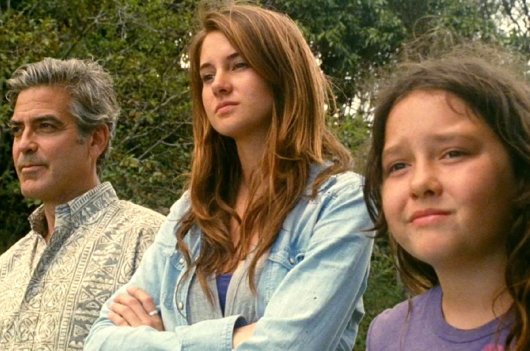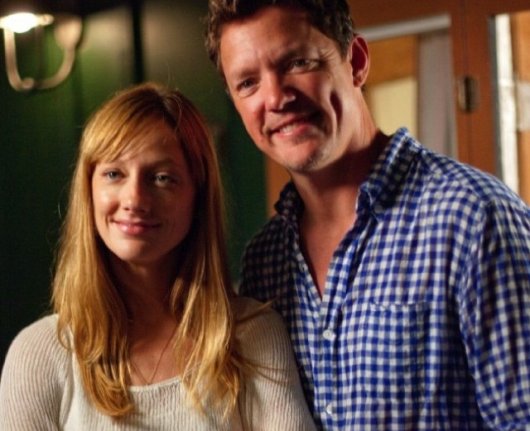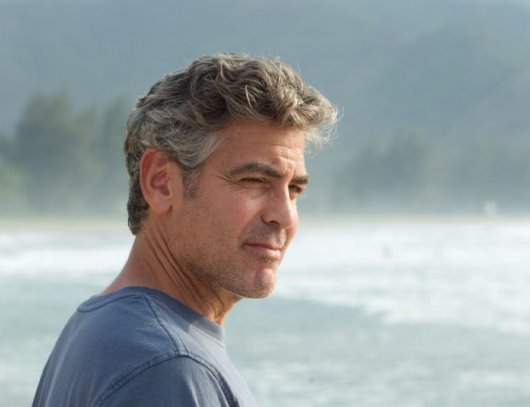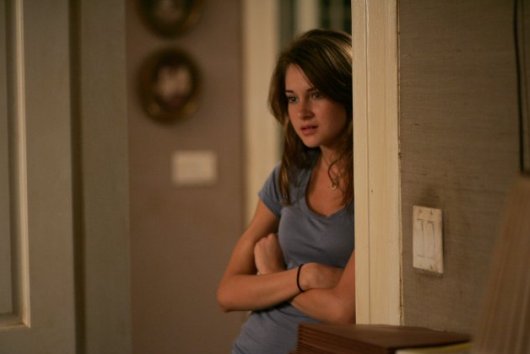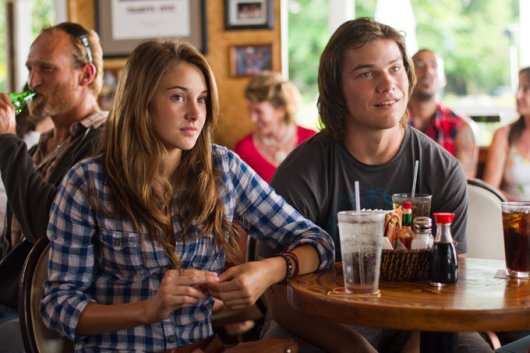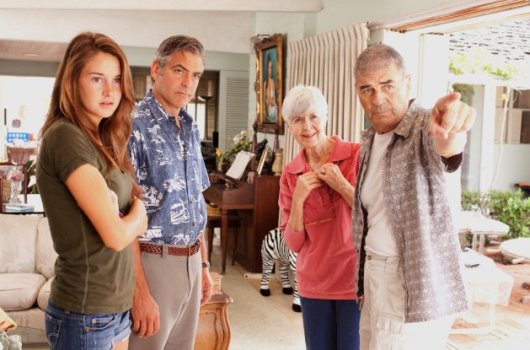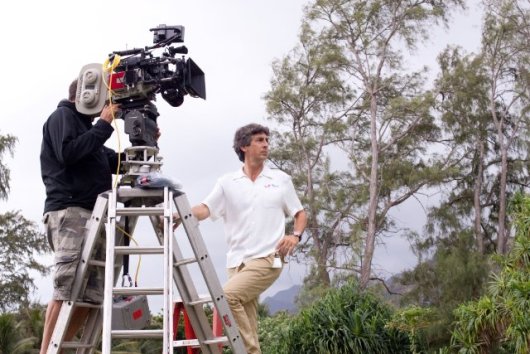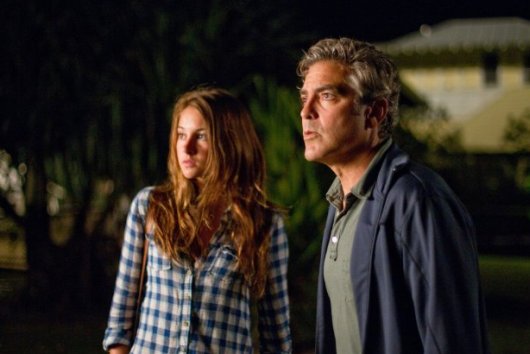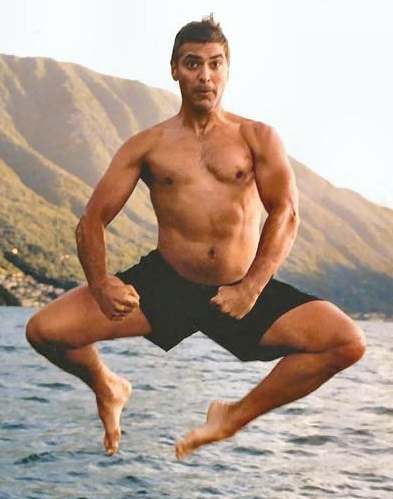 TV
TV In Which Every Morning When We Wake Up Robert Rodriguez
 Tuesday, September 23, 2014 at 11:10AM
Tuesday, September 23, 2014 at 11:10AM 
Mexican Goddess
by DICK CHENEY
From Dusk Till Dawn: The Series
creator Robert Rodriguez
I still think the casting in Pulp Fiction was all wrong. Bruce Willis was too old to play a prize-fighter. Uma Thurman looked pretty good but she didn't seem like some crime lord's wife, and I still don't understand what the point of flirting with a gay hitman was. Also giving someone a long speech before killing them, especially if they are Phil LaMarr? Pulp Fiction had a lot of plot holes, and it was also missing something very crucial: Wilmer Valderrama in a key role.
From Dusk Till Dawn, the 1996 version, had George Clooney. It was before he met Steven Soderbergh and contracted the airborne virus of self-righteousness; it was before he turned an engagement with a semi-pretty lawyer into a public makeover emphasizing what a great guy he is. He was still doing that annoying thing where he lowered his head and looked up through his brow to talk to other actors.
 I am ashamed to admit I thought the accent from That 70s Show was how he really talked.
I am ashamed to admit I thought the accent from That 70s Show was how he really talked.
The new George Clooney (D.J. Cotrana) looks like a miniature version of his hunky predecessor. Everything about the series version is a little smaller, a little less depraved, but it turns out that is just what the concept needed. The new From Dusk Till Dawn fixes almost everything that was wrong with the first one, including killing off one of the Gecko brothers far, far too soon. Recently released on Netflix in its entirety, the show has already been renewed for a second season.
 Stacy Keibler is salivating for the third time today.
Stacy Keibler is salivating for the third time today.
Seth and Richard Gecko's journey from Los Angeles to a strip club in Mexico that traps them inside deserved a lot better. It was one of Robert Rodriguez and Quentin Tarantino's first projects, and if George Clooney wanted in their movie, they had to take him, even if he was kind of bad and mealy-mouthed in the role.
The casting of Seth Gecko is no better here, but the casting of Zane Holtz as Richard Gecko is entirely improved, since Tarantino wasn't much of a performer either. Even after only a few minutes of From Dusk Till Dawn, you get how much of television has entirely the wrong tone for its content - Rodriguez's control over that aspect allows you to relax and enjoy the litany of stupid cultural references we have come to expect from Quentin Tarantino-inspired diegesis.
 MIght be best not to take your wardrobe cues from Frank Miller there Bob
MIght be best not to take your wardrobe cues from Frank Miller there Bob
The original surprise of From Dusk Till Dawn is that you could be surprised by it, assuming you did not know it was a supernatural movie to begin with. In 1996, the twist came so out of nowhere it is hard to imagine the drama without it, but now that the mystery is gone, the concept has to rise or fall on its own momentum. In 1996, we were surprised by a lot of things, I mean, who even knew why a man would put a cigar tube in a woman's vagina in those innocent days?
Valderrama himself is a revelation as a powerful vampire masterminding the crime spree of the two disturbed brothers. Opposite Mexican pop star Eiza Gonzalez as Santanico Pandemonium, the pair deepen the flimsy role popularized by Salma Hayek. The extensive background on the vampires is not really necessary, but the tone is so much fun that it obscures all the flaws in the concept.
 She should take her pep talk to the UN
She should take her pep talk to the UN
The Gecko brothers meet up with a former reverend (Robert Patrick) taking his kids to Mexico as he flees a vehicle manslaughter charge, it was kind of hard to imagine Harvey Keitel as a man of the cloth. Robert Patrick makes a much better Jacob Fuller, and Juliette Lewis was a bit old to be the virginal sacrifice/ preacher's daughter. Replacing her in our hearts is Noah's Madison Davenport, who kind of looks like an off-brand Emma Watson.
 She's eighteen and you're disgusting.
She's eighteen and you're disgusting.
Davenport's star turn here is perfect. She is just tantalizing enough to be impossible; the character is deeper than any female in the entirety of Rodriguez's oeuvre to this point. Instead of being simply a survivor, we understand and appreciate what it means to be a woman torn apart by the men around her. Turning Kate into a real heroine rectifies nearly all my complaints about the original.
 How I learned I want to marry Robert Patrick.
How I learned I want to marry Robert Patrick.
Rodriguez's talents are rare in the industry: he gets nuanced, emotional performances out of young actors that other directors can't, and his control over when violence happens and how people react to it stands out too. Where he is not so unusual is his love for the stems of his leading ladies. Fortunately the women of From Dusk Till Dawn are overall too young for him, and judging from the excessive screen time and gratuitous nudity Eva Green had on display in the latest Sin City, he had other priorities.
On some level worshipping women as gods or beacons of purity is as destructive as positioning them as prostitutes, but at least in From Dusk Till Dawn, they get a chance to select their fate for themselves.
Dick Cheney is the senior contributor to This Recording. You can find an archive of his writing on This Recording here.

"I Keep Running" - Ryan Adams (mp3)
"Jacksonville" - Ryan Adams (mp3)
































